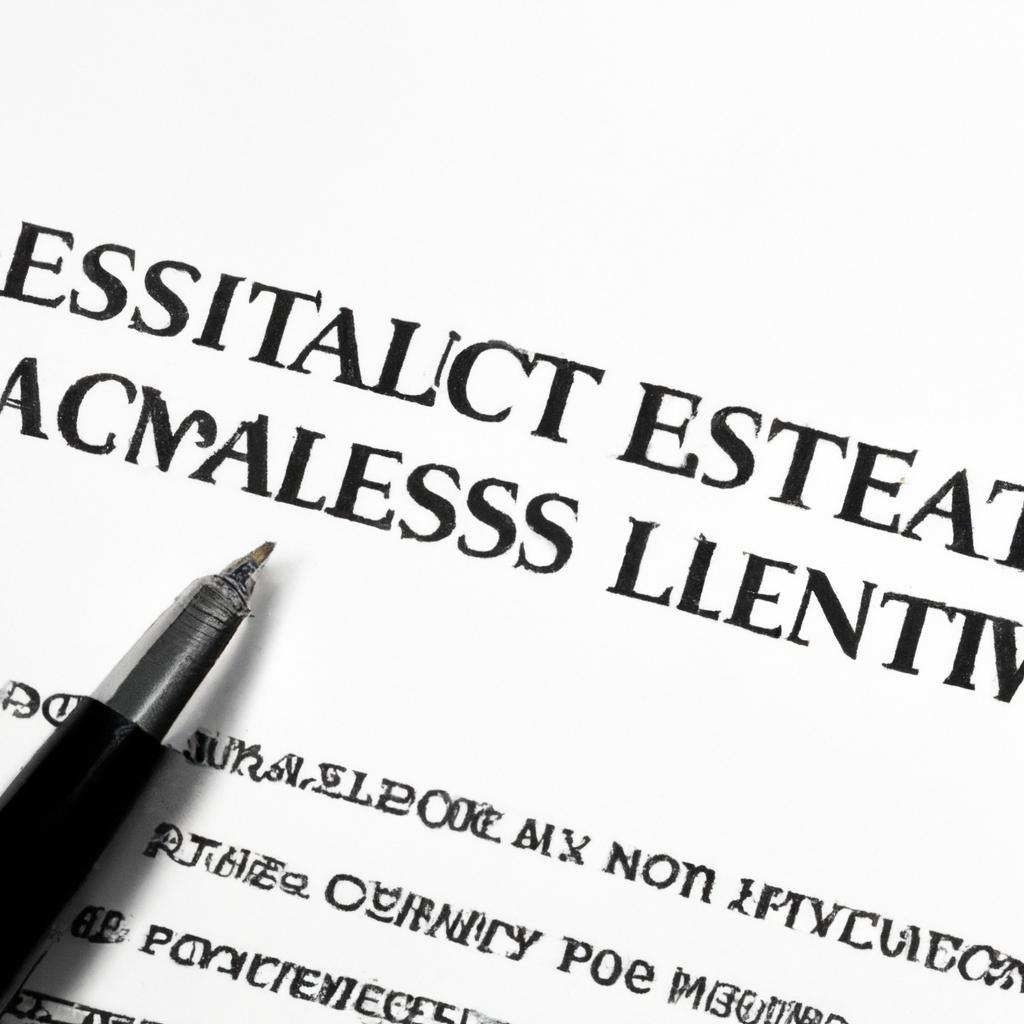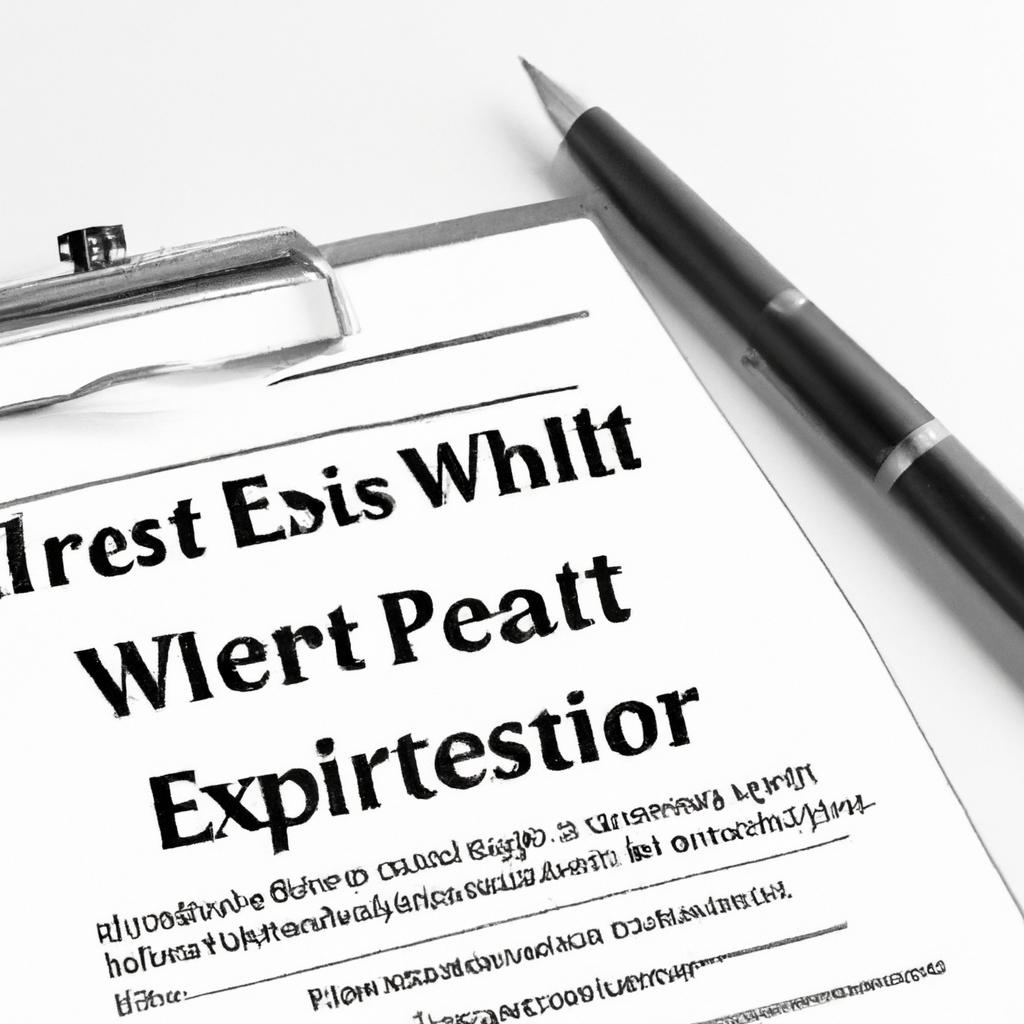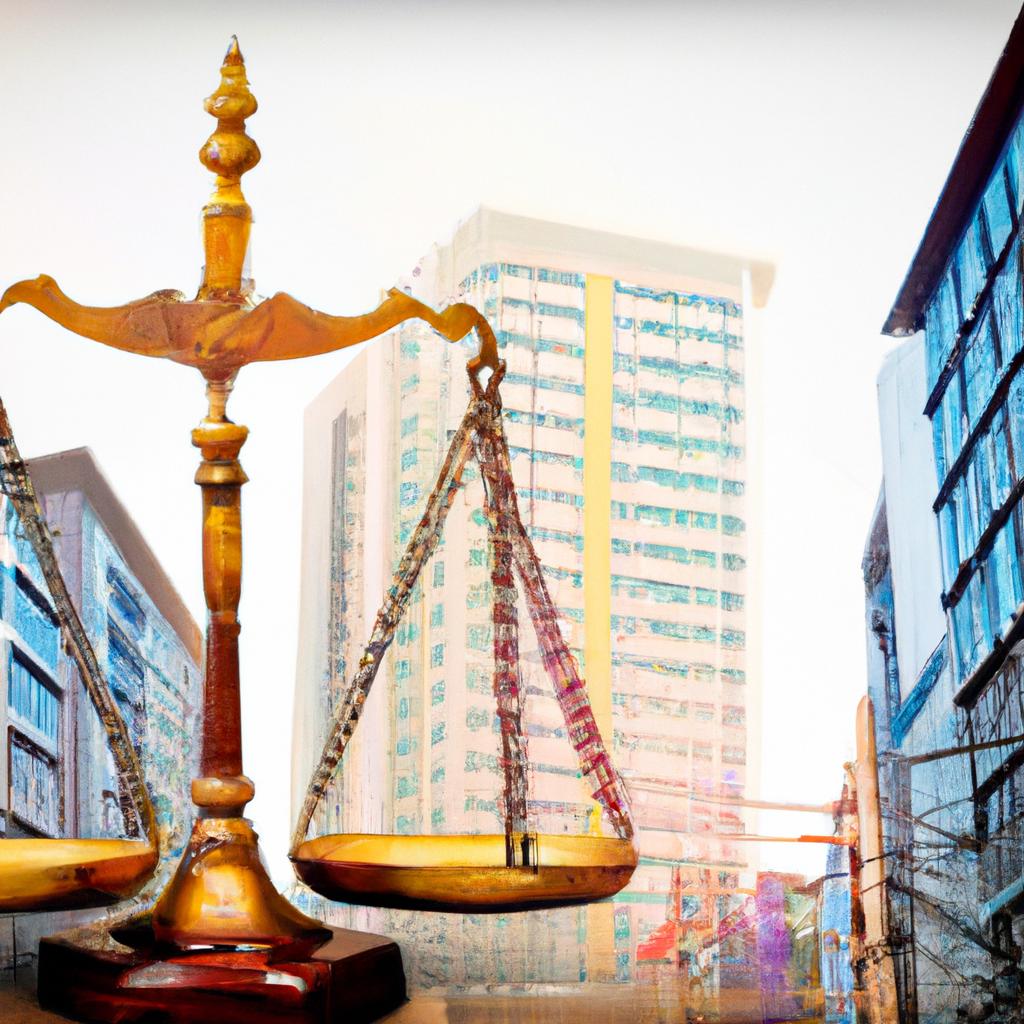When the inevitable moment arrives and a loved one passes away without having executed a will, the intricate web of estate distribution and asset allocation becomes a complex and often confusing matter. As experienced practitioners in estate planning at Morgan Legal Group in New York City, we understand the gravity of such situations and the importance of proper legal guidance in navigating the complexities of intestate succession. In this article, we will delve into the nuances surrounding the concept of dying without a will, commonly known as intestacy, and shed light on the implications it may have on the distribution of assets and the settling of the deceased’s estate.
Consequences of Dying Without a Will
When an individual passes away without a will, also known as dying intestate, the consequences can be significant. Without a will in place, the distribution of assets is determined by state laws, which may not align with the deceased’s wishes. This can lead to disputes among family members, prolonged legal battles, and potential estrangement. In addition, dying without a will can result in higher estate taxes, as the estate may not be structured in the most tax-efficient manner.
Furthermore, without a will, there is no designated executor to handle the deceased’s affairs. This can lead to delays in the distribution of assets, unresolved debts, and confusion over who has the authority to make decisions on behalf of the estate. Overall, the can be complex and far-reaching, underscoring the importance of proper estate planning to ensure your wishes are carried out and your loved ones are provided for.

Legal Ramifications for Intestate Estates
The , where an individual has passed away without a will, can be complex and challenging to navigate. When someone dies intestate, their assets and property are distributed according to the laws of the state in which they resided. This can lead to potential disputes among family members over the distribution of the estate.
It is crucial for individuals to have a comprehensive estate plan in place to avoid intestacy. By creating a will or trust, you can ensure that your assets are distributed according to your wishes and avoid the potential legal issues that can arise in intestate estates. At Morgan Legal Group, we specialize in estate planning and can help you create a plan that will protect your assets and provide for your loved ones.

Importance of Estate Planning to Avoid Intestacy
When a person passes away without a valid will in place, their estate is subject to intestacy laws. This means that the distribution of their assets will be determined by state law, which may not align with their wishes. By engaging in estate planning, individuals can ensure that their assets are distributed according to their wishes, rather than leaving it up to the state.
Furthermore, estate planning allows individuals to designate a guardian for their minor children, establish trusts for loved ones, and minimize estate taxes. It provides peace of mind knowing that one’s assets will be protected and distributed as intended. At Morgan Legal Group, our experienced attorneys can assist you in creating a comprehensive estate plan tailored to your individual needs and goals.

Expert Recommendations for Creating a Will
When an individual passes away without a will, the legal process can become complex and stressful for their loved ones. To avoid this situation, it is crucial to create a will that clearly outlines your wishes for your estate. Our include:
- Consult with an experienced estate planning attorney: Seeking the guidance of a professional who specializes in wills and trusts can help ensure that your document is legally sound and accurately reflects your wishes.
- Clearly outline your assets and beneficiaries: Make a comprehensive list of your assets, including real estate, financial accounts, and personal belongings. Clearly identify who you want to inherit each asset to avoid confusion or disputes among your loved ones.
By following these expert recommendations and working with an experienced attorney, you can create a will that provides peace of mind for both you and your family.
Q&A
Q: What happens if someone dies without a will?
A: When someone dies without a will, their assets will be distributed according to the laws of intestacy in their state.
Q: How are assets distributed if there is no will?
A: Assets are typically distributed to the deceased person’s closest living relatives, such as spouses, children, parents, or siblings.
Q: Can family members contest the distribution of assets if there is no will?
A: Yes, family members may contest the distribution of assets if they believe they are entitled to a larger share or if they believe the distribution is unfair.
Q: How can the distribution of assets be avoided in the future?
A: To avoid the distribution of assets according to intestacy laws, it is important for individuals to create a will or estate plan outlining their wishes for their assets after their death.
Q: What are the consequences of dying without a will?
A: Dying without a will can lead to prolonged legal battles, family disputes, and assets being distributed in a way that may not align with the deceased person’s wishes. It can also result in increased costs and delays in distributing assets.
Concluding Remarks
In conclusion, the consequences of dying without a will can be far-reaching and complicated. It is always advisable to have a clear plan in place to ensure that your wishes are carried out and your loved ones are taken care of. By taking the time to create a will, you can provide peace of mind for yourself and your family, and avoid any unnecessary stress or confusion in the event of your passing. Remember, it’s never too early to start thinking about your legacy and making sure your affairs are in order. Your future self and your loved ones will thank you for it.
 “Died Without a Will”: Understanding the Consequences
“Died Without a Will”: Understanding the Consequences
Losing a loved one is undoubtedly one of the most difficult experiences in life. Amidst the grief and emotional turmoil, the last thing on anyone’s mind is usually their legal affairs. Unfortunately, this can lead to complications and added stress for the surviving family members, especially if the deceased passed away without a will. In this article, we will delve into the topic of dying without a will, also known as dying intestate, and the consequences that follow.
What does it mean to die without a will?
When someone dies without a will, it means they did not leave behind any written instructions on how they would like their assets to be distributed after their death. This could be due to various reasons such as not getting around to creating a will, being unaware of the importance of having one, or simply assuming that their assets will automatically pass on to their spouse or children. Regardless of the reason, the absence of a will can have significant consequences for the deceased’s loved ones.
What happens to the deceased’s assets?
In the event of dying without a will, the distribution of the deceased’s assets is determined by state laws, also known as intestate succession laws. These laws dictate who is entitled to inherit the assets and in what proportion. The distribution of assets varies depending on factors such as the surviving family members and the presence of children, as well as the type and value of assets.
If the deceased was married, the surviving spouse will typically inherit a significant portion of the assets. In most states, the spouse is entitled to at least one-third of the estate, with the remaining portion being distributed amongst other surviving family members such as children, parents, siblings, and grandparents. In the absence of a surviving spouse, the assets will be inherited by the children, and if there are no children, then the assets will be passed down to other relatives according to the state laws of intestacy.
It is also worth noting that if the deceased had any outstanding debts or liabilities, these will need to be settled through their assets before any inheritance is distributed to the beneficiaries. This could potentially leave the loved ones with less than they expected or even result in them being burdened with the deceased’s debts.
What about minors and dependent family members?
In cases where minors are involved, dying intestate can result in significant challenges and complications. The absence of a will means there is no appointed guardian for the children, and the court will be responsible for determining who will take care of them. This can lead to custody battles amongst family members and uncertainty for the children.
Moreover, if the deceased had dependent family members such as elderly parents or disabled siblings, their needs may not be adequately met without a will. As the state laws only determine the distribution of assets amongst immediate family members, those who are financially reliant on the deceased may not receive sufficient support without a will in place.
The importance of having a will
Dying without a will can create a plethora of legal and financial challenges for the loved ones left behind. It emphasizes the need for everyone, regardless of age or financial status, to have a will in place. A will allows you to specify your wishes for the distribution of your assets, name guardians for minor children, and provide for any dependent family members and charitable causes that are important to you.
Having a will also streamlines the probate process, which is the legal process of distributing assets after death. This can save time, money, and reduce the stress on your loved ones during an already difficult time. Furthermore, a will gives you the freedom to leave behind personal belongings or sentimental items to specific individuals, ensuring they are treasured and cherished by those who hold special meaning in your life.
In conclusion, dying without a will can lead to unwanted consequences and added difficulties for the loved ones left behind. It is crucial to take the time to create a will to ensure your final wishes are carried out and your loved ones are provided for in the best way possible. Consult with an estate planning attorney to help you draft a comprehensive and legally-binding will that caters to your specific needs and wishes. This small but significant step can bring peace of mind and alleviate any potential stress for both you and your loved ones. Plan for the future today with a will in hand.

